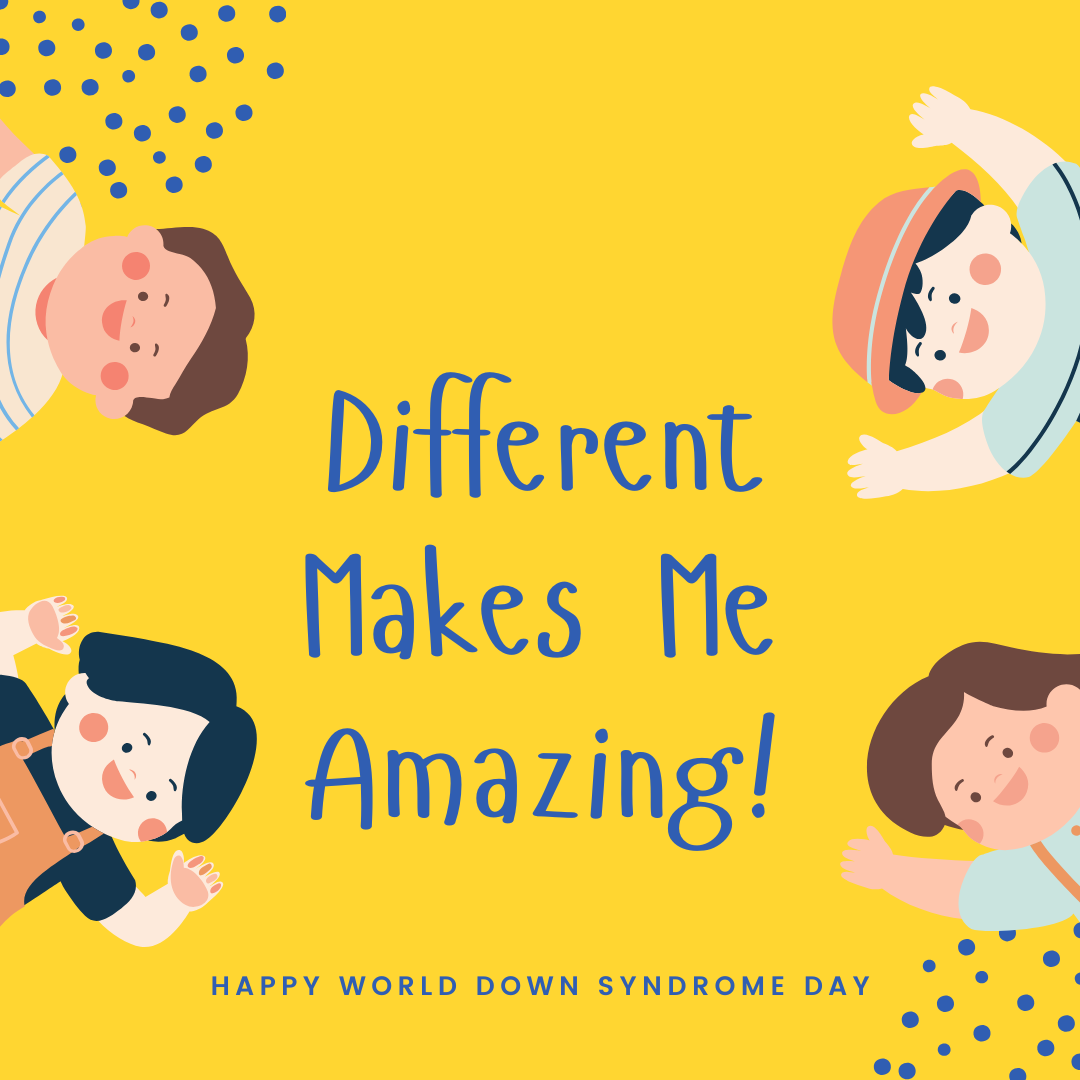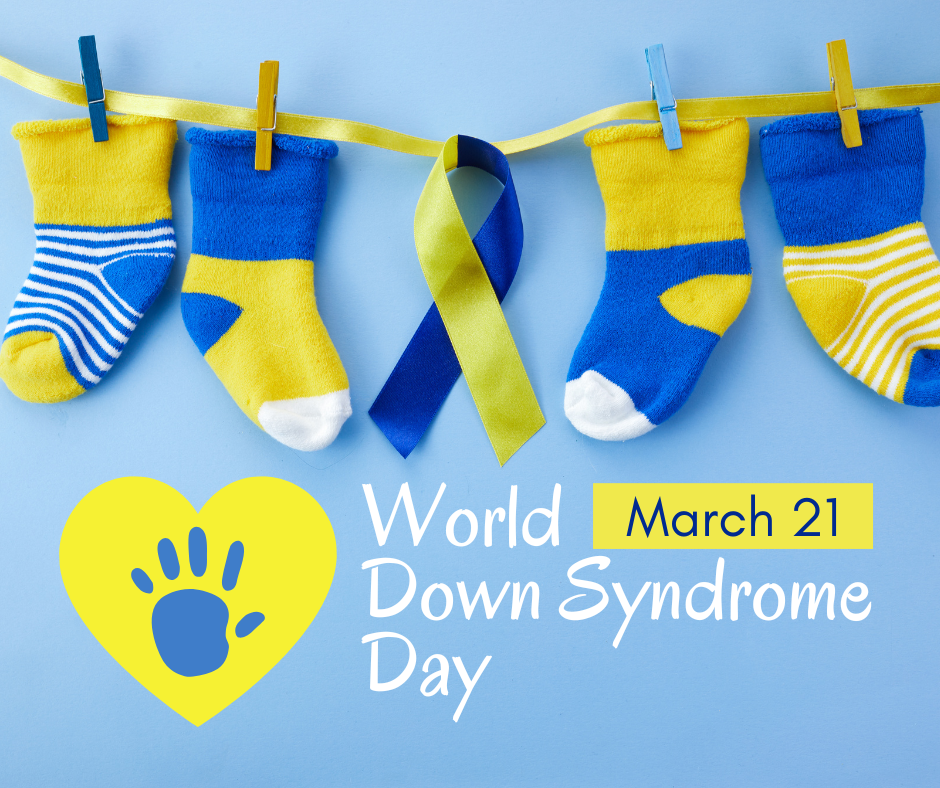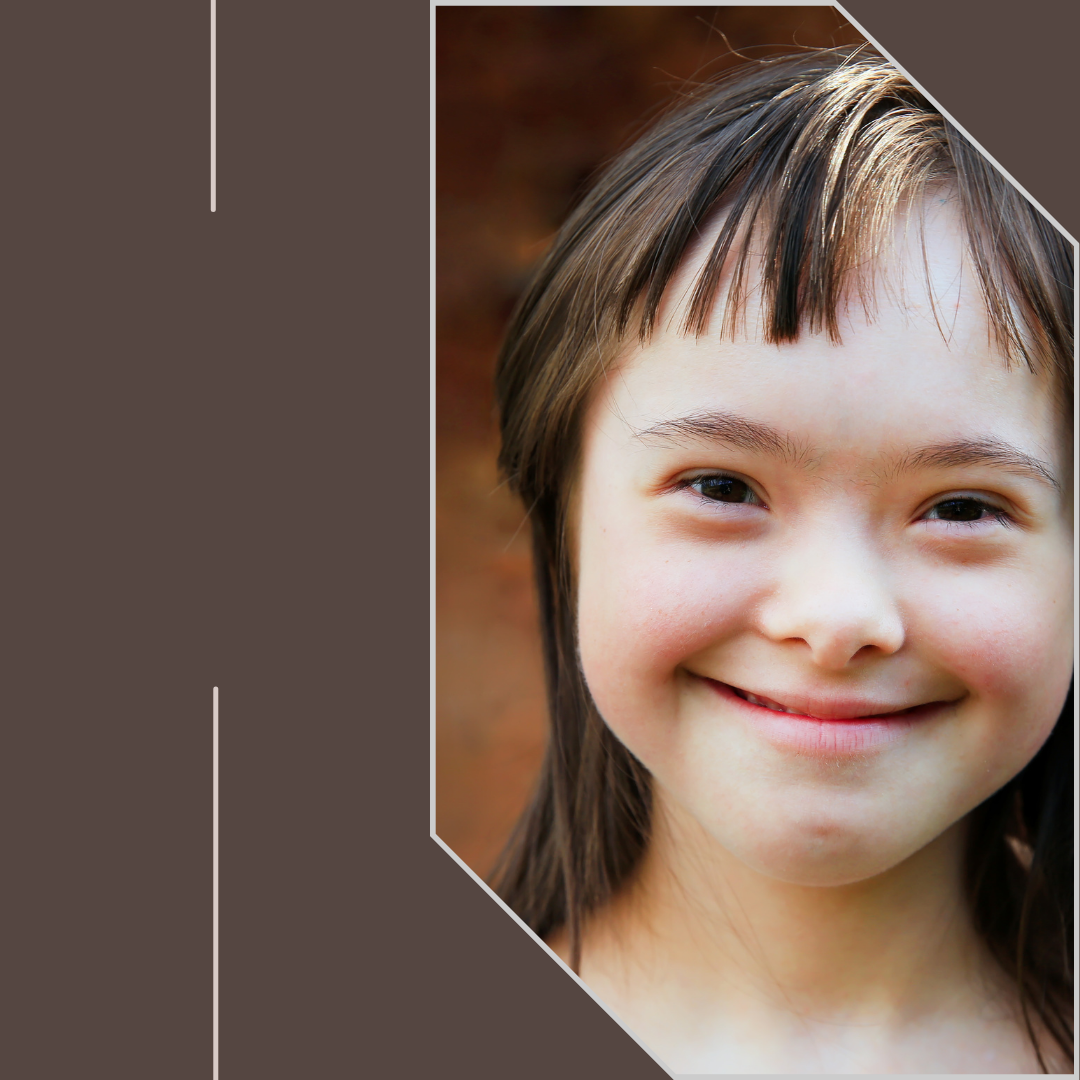What is Down Syndrome?
- admin
- 16 December 2024
- No Comments
Down syndrome is a genetic condition caused by an extra copy of chromosome 21, leading to a total of three copies of this chromosome instead of the usual two. This extra chromosome affects the individual’s development, causing intellectual and developmental disabilities, as well as certain physical characteristics. Down syndrome is the most common genetic condition, affecting approximately 1 in 700 births worldwide.
Signs and Symptoms of Down Syndrome:
- Physical Features:
- Almond-shaped eyes with an upward slant
- A flat facial profile
- A small nose and mouth
- Short stature
- A single deep crease across the palm (also called a “simian crease”)
- Low muscle tone (hypotonia) at birth
- Intellectual and Developmental Traits:
- Mild to moderate intellectual disability
- Delayed language and speech development
- Learning difficulties
- Challenges with motor skills and coordination
- Social and emotional development may also differ, but every individual with Down syndrome is unique.

Health Concerns in Down Syndrome:
Individuals with Down syndrome may face various health challenges. Some of the most common health issues include:
- Congenital heart defects: About half of individuals with Down syndrome have heart conditions present at birth.
- Respiratory problems: They are more likely to experience respiratory infections and sleep apnea.
- Hearing and vision problems: Many individuals with Down syndrome experience hearing loss or vision difficulties.
- Thyroid issues: Hypothyroidism is more common in people with Down syndrome.
- Increased risk for certain conditions: People with Down syndrome may have a higher risk of developing Alzheimer’s disease, leukemia, and gastrointestinal problems.
Quality of Life for Individuals with Down Syndrome:
With proper medical care, early intervention programs, and supportive services, individuals with Down syndrome can lead fulfilling lives. Many individuals with Down syndrome attend school, hold jobs, and engage in social activities. The level of support and education they receive plays a key role in maximizing their potential.
As awareness grows, more inclusive opportunities are becoming available. Many individuals with Down syndrome live independently or with limited support, contributing to their communities in meaningful ways.
Awareness and Acceptance:
Awareness of Down syndrome is crucial for both medical professionals and society at large. Down syndrome is not a disease but a condition that affects many aspects of life. As society becomes more aware and accepting of individuals with Down syndrome, the barriers they face are reduced, and their opportunities expand.
World Down Syndrome Day, celebrated on March 21st, is a global event aimed at raising awareness about Down syndrome. It serves as a reminder of the importance of inclusion, understanding, and support for individuals with Down syndrome in all aspects of life.
Ultimately, individuals with Down syndrome are valued members of society. With the right support, education, and understanding, they can achieve great things and lead meaningful, rich lives.


